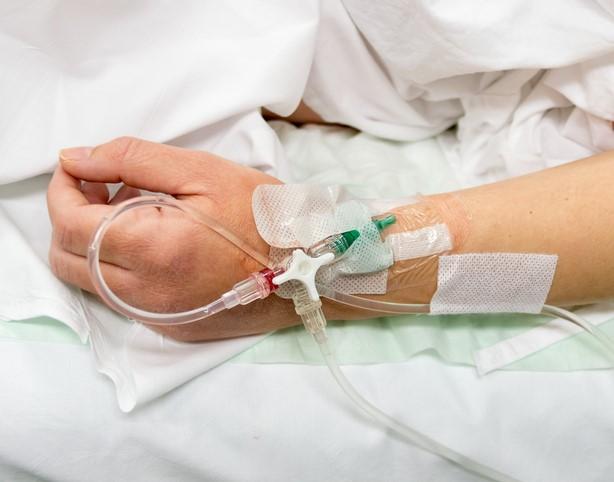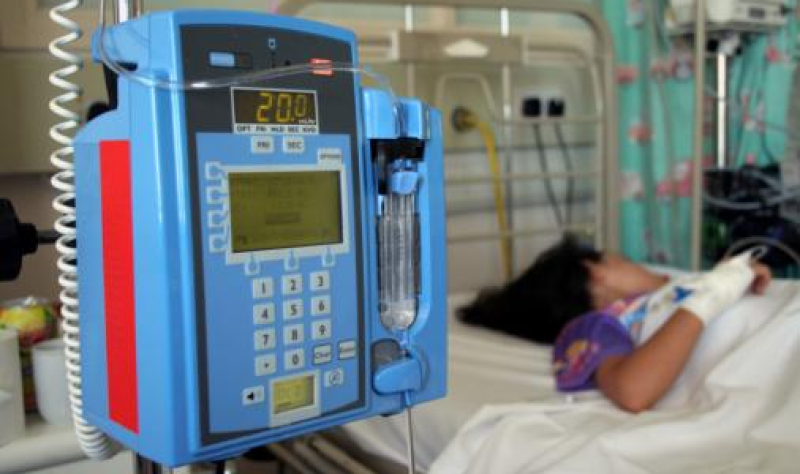N.J. beginning Murphy’s long-promised review of how state handled COVID-19


Gov. Phil Murphy’s administration has tapped a pair of outside firms to begin a long-promised review of how New Jersey responded to COVID-19, two years and eight months after Murphy first vowed a postmortem on the pandemic in the early days of the crisis.
A final report will be released in late 2023, Murphy announced Monday.
The independent review will be conducted by a team at Philadelphia law firm Montgomery McCracken Walker & Rhoads, led by a Republican former assistant state attorney general. Boston Consulting Group, a Massachusetts management consulting firm, will assist.
NJ Advance Media was the first to report the development.
Murphy initially promised to conduct a postmortem in April 2020, just weeks after COVID-19 began spreading in New Jersey. The Democratic governor has reiterated those plans multiple times since them, saying last month it has taken longer than expected. Republicans have repeatedly criticized him for the delay.
Murphy’s office said New Jersey will be the first in the nation to commission an “independent and comprehensive” review on the pandemic. His office did not say how much the review is expected to cost the state.
The review will examine how well New Jersey — home to more than 35,000 COVID-19 deaths — was prepared for the pandemic in early 2020 and its emergency policy decisions in the following months, the governor’s office said.
It will also look at how the state responded to “vulnerable residents,” including in long-term care, as well as how it managed testing, vaccinations, personal protection equipment, and more, the office said. And it will provide recommendations for how the state can prepare future public health emergencies, the office said.
“The COVID-19 pandemic was one of the biggest challenges our state — and nation — has ever faced,” Murphy said in a statement.
“Throughout the pandemic, my responsibility as governor demanded that I make every decision based on the available data, facts, and science in order to preserve the health and safety of all 9.3 million residents, regardless of the politics. My responsibility as governor also demands a full and comprehensive review of how the state was prepared for and responded to the pandemic, so that we can take the steps to better prepare future administrations for a public health crisis.”
Overseeing the review will be Paul Zoubek, who was first assistant state attorney general under former Republican governors Christie Whitman and Donald DiFrancesco. He now works out of the Cherry Hill office of Montgomery McCracken Walker & Rhoads.
Zoubek also worked for the state Department of Law and Public Safety in the wake of the Sept. 11 terrorist attacks and has overseen numerous investigations into state government.
“As a widely respected, apolitical, and experienced state and federal prosecutor, Paul Zoubek is exactly the right person to lead this review, and has the experience in emergency management and government investigations that makes him perfectly suited for this task,” Murphy said.
State Sen. Kristin Corrado, R-Passaic, criticized Murphy in August for not having a date for the review’s release, saying it could “help save lives in the next crisis.”
Murphy said Monday that while COVID-19 is “still present,” the state has moved from a pandemic to endemic phase, and “now is the right time to undertake such an independent review.”
A senior Murphy administration official told NJ Advance Media it likely would not have been “possible or responsible” to commission a review “while we were in the thick of it.” The official is not authorized to discuss the matter publicly and spoke on the condition of anonymity.
COVID-19 has killed more than 35,093 residents in New Jersey, a state of 9.3 million residents and an early epicenter of the pandemic, since the first case was reported in March 2020. More than 9,800 of those deaths have been among residents and staff members at nursing homes and other longterm care facilities, according to state data.
The state reported another 976 COVID-19 cases and 10 confirmed deaths on Monday.
Murphy closed businesses and schools statewide for months to help prevent the spread. But he has faced repeated accusations from Republicans and others for installing measures that were too draconian, as well as criticism over the deaths in longterm care facilities.
A Democratic lawmaker, state Sen. Nia Gill of Essex County, has publicly called for a bipartisan committee to investigate what happened in nursing homes. State Sen. Joseph Penachio, R-Morris, is expected to once again push for a resolution to launch that investigation, which would include subpoena power.
In August, the state agreed to pay a second round of settlements totaling $15.9 million to 71 families of residents who died in New Jersey’s three state-run veterans homes in the early days of the virus.
An earlier agreement in December to resolve wrongful death claims paid out nearly $53 million to the families of 119 residents who died from COVID-19 in the veterans homes between March and May of 2020.
The state admitted no wrongdoing as part of either settlement.
Monday’s announcement comes a week after Murphy’s administration dispatched a team of long-term care professionals to the state-run Veterans Memorial Home at Menlo Park to help correct problems of abuse and safety violations that were uncovered in a recent inspection and put residents in “immediate jeopardy.”
A week before that, the U.S. Centers for Medicare and Medicaid Services, or CMS, notified the administration it may withhold funding for new admissions unless serious deficiencies in pandemic infection control and resident care are remedied.
In 2020, the Murphy administration hired healthcare consultant Manatt Health to investigate how New Jersey nursing homes responded to the pandemic as the death toll spiraled out of control. New Jersey was forced to seek emergency assistance from the U.S. Veterans Administration and the National Guard — moves that were criticized as being too little and too late.
The consultants concluded that long-term care facilities overall were underprepared and under-staffed to deal with the pandemic, and called for tougher state scrutiny. But the study did not scrutinize the state’s performance.
Our journalism needs your support. Please subscribe today to NJ.com.
Brent Johnson may be reached at bjohnson@njadvancemedia.com. Follow him at @johnsb01.



